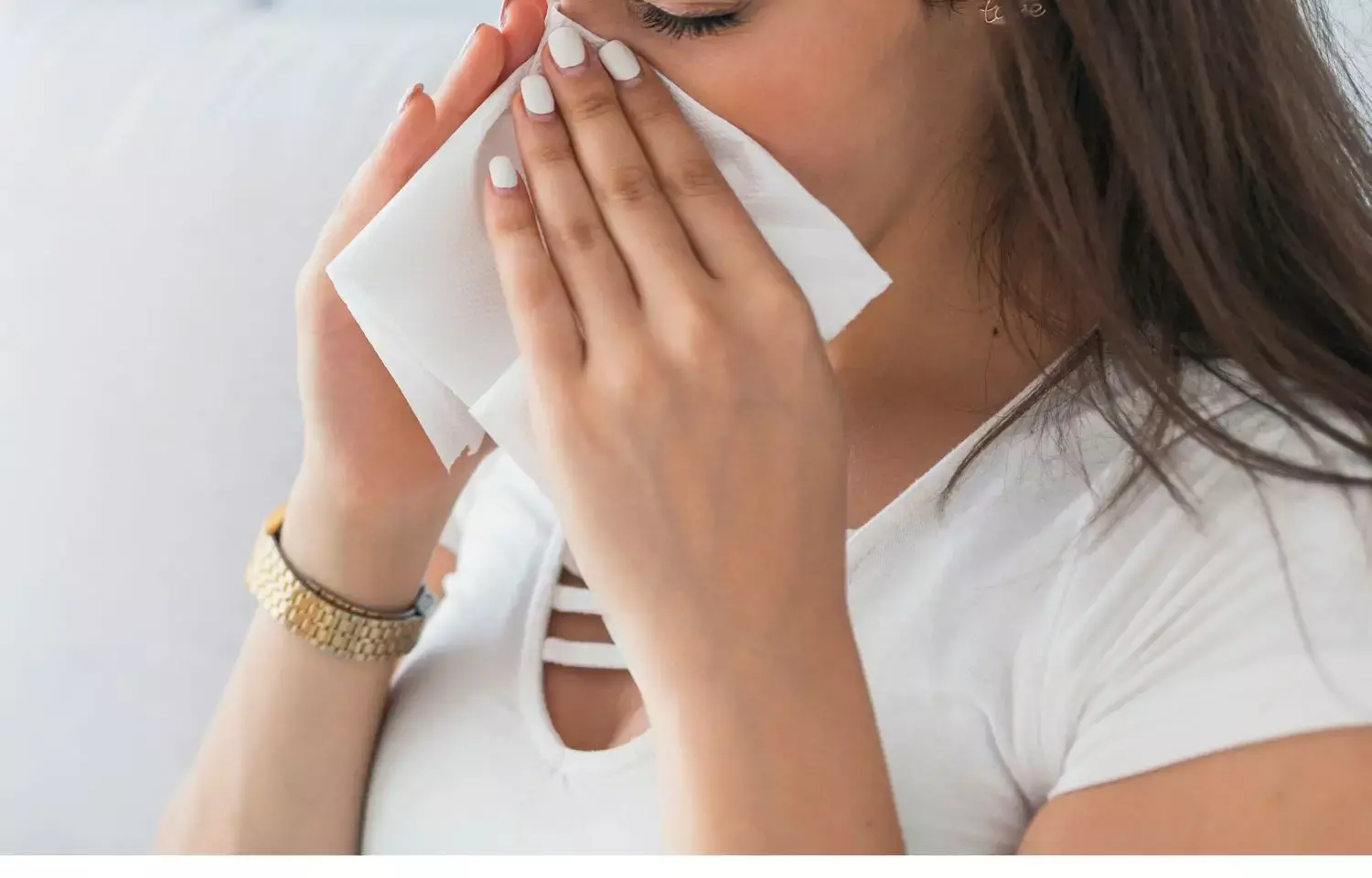- Home
- Medical news & Guidelines
- Anesthesiology
- Cardiology and CTVS
- Critical Care
- Dentistry
- Dermatology
- Diabetes and Endocrinology
- ENT
- Gastroenterology
- Medicine
- Nephrology
- Neurology
- Obstretics-Gynaecology
- Oncology
- Ophthalmology
- Orthopaedics
- Pediatrics-Neonatology
- Psychiatry
- Pulmonology
- Radiology
- Surgery
- Urology
- Laboratory Medicine
- Diet
- Nursing
- Paramedical
- Physiotherapy
- Health news
- Fact Check
- Bone Health Fact Check
- Brain Health Fact Check
- Cancer Related Fact Check
- Child Care Fact Check
- Dental and oral health fact check
- Diabetes and metabolic health fact check
- Diet and Nutrition Fact Check
- Eye and ENT Care Fact Check
- Fitness fact check
- Gut health fact check
- Heart health fact check
- Kidney health fact check
- Medical education fact check
- Men's health fact check
- Respiratory fact check
- Skin and hair care fact check
- Vaccine and Immunization fact check
- Women's health fact check
- AYUSH
- State News
- Andaman and Nicobar Islands
- Andhra Pradesh
- Arunachal Pradesh
- Assam
- Bihar
- Chandigarh
- Chattisgarh
- Dadra and Nagar Haveli
- Daman and Diu
- Delhi
- Goa
- Gujarat
- Haryana
- Himachal Pradesh
- Jammu & Kashmir
- Jharkhand
- Karnataka
- Kerala
- Ladakh
- Lakshadweep
- Madhya Pradesh
- Maharashtra
- Manipur
- Meghalaya
- Mizoram
- Nagaland
- Odisha
- Puducherry
- Punjab
- Rajasthan
- Sikkim
- Tamil Nadu
- Telangana
- Tripura
- Uttar Pradesh
- Uttrakhand
- West Bengal
- Medical Education
- Industry
Bilastine more effective than Fexofenadine for Treating Allergic Rhinitis

In the global battle against allergic rhinitis (AR), a recent study published in Bioinformation unveiled the superior efficacy of bilastine over the commonly used fexofenadine. AR, a prevalent health concern worldwide, not only diminishes the quality of life for sufferers but also poses a substantial economic burden on society if left untreated.
The single-center, observational, parallel-group clinical trial, aimed to compare the effectiveness of bilastine and fexofenadine in treating AR patients. A total of 104 participants were randomly assigned to two groups: Group A received bilastine, and Group B received fexofenadine hydrochloride, each for a duration of two weeks.
The baseline Total Nasal Symptom Score (TNSS), encompassing individual symptom scores such as sneezing, rhinorrhea, nasal obstruction, nasal itching, and difficulty in sleep, was used as a measure for comparison. Patients recorded their symptoms at 24 hours, the 7th day, and the 15th day.
The results indicated a remarkable reduction in TNSS for both groups after the two-week treatment period. However, the key finding was the superior performance of bilastine, with a more significant reduction in TNSS apparent within the first 24 hours and consistently maintained throughout the study period.
The lead of this study emphasized that this discovery is a big advancement in AR treatment, as bilastine not only outperformed fexofenadine in reducing symptoms but also contributed to an improved overall quality of life for patients.
This research not only sheds light on the comparative efficacy of these antihistaminic drugs but also opens avenues for potential advancements in allergic rhinitis management. The results indicate that bilastine could emerge as a preferred choice for clinicians seeking to provide faster and more effective relief to AR patients. This study marks a significant step forward in the pursuit of more efficacious treatments for allergic rhinitis.
Reference:
Kumari, A. (2022). Effectiveness of bilastine and fexofenadine among allergic Rhinitis patients in Ranchi, Jharkhand, India. In Bioinformation (Vol. 18, Issue 6, pp. 596–599). Biomedical Informatics. https://doi.org/10.6026/97320630018596
Neuroscience Masters graduate
Jacinthlyn Sylvia, a Neuroscience Master's graduate from Chennai has worked extensively in deciphering the neurobiology of cognition and motor control in aging. She also has spread-out exposure to Neurosurgery from her Bachelor’s. She is currently involved in active Neuro-Oncology research. She is an upcoming neuroscientist with a fiery passion for writing. Her news cover at Medical Dialogues feature recent discoveries and updates from the healthcare and biomedical research fields. She can be reached at editorial@medicaldialogues.in
Dr Kamal Kant Kohli-MBBS, DTCD- a chest specialist with more than 30 years of practice and a flair for writing clinical articles, Dr Kamal Kant Kohli joined Medical Dialogues as a Chief Editor of Medical News. Besides writing articles, as an editor, he proofreads and verifies all the medical content published on Medical Dialogues including those coming from journals, studies,medical conferences,guidelines etc. Email: drkohli@medicaldialogues.in. Contact no. 011-43720751


